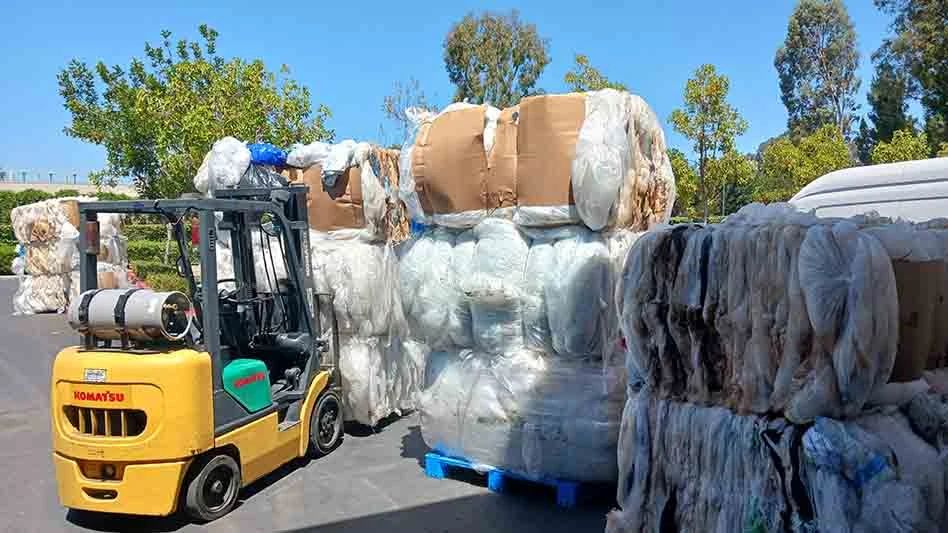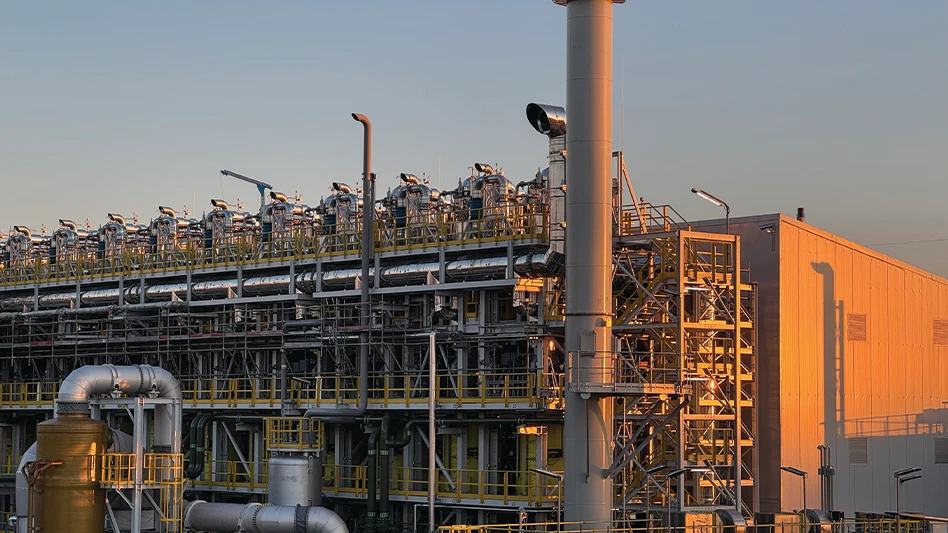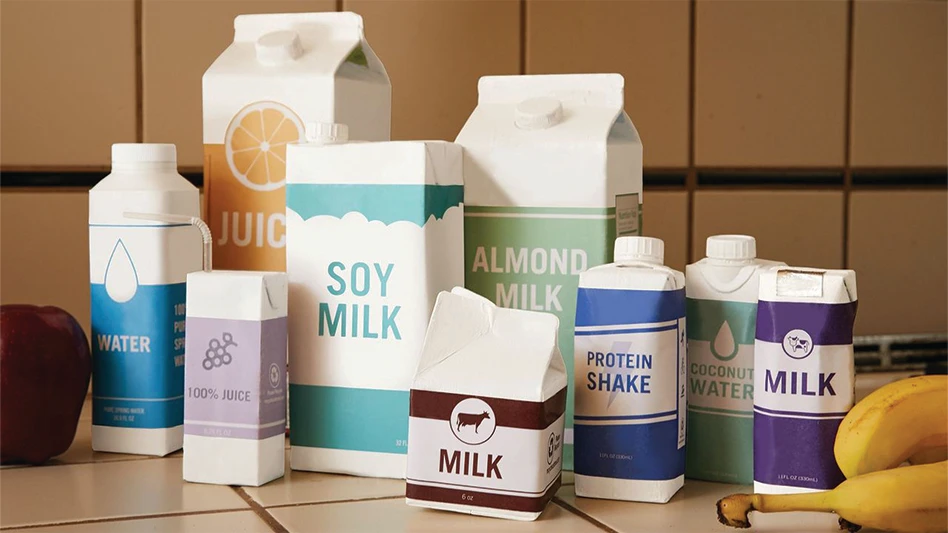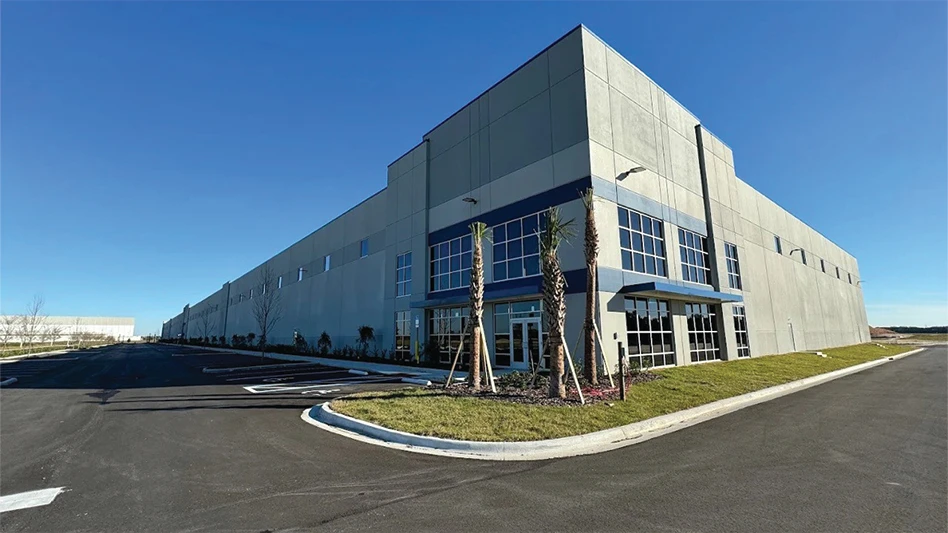
Recycling Today archives
The collapse of the old corrugated containers (OCC) market last year was swift, and recyclers have faced a difficult road to recovery. OOC prices remain mostly flat to start 2023, but some industry sources say they expect that to change as the year progresses and supply remains difficult to move.
OCC prices were mostly unchanged for the second straight month, according to Fastmarkets RISI’s PPI Pulp & Paper Week for Jan. 5 but still are around $100-per-ton less than in January 2022—a decrease of nearly 78 percent.
RELATED: Looking beyond recycling
“The high grades are nice and strong, [but] your packaging or your cardboard and your mixed paper grades are real tough right now,” says Shannon Dwire, president of Sioux Falls, South Dakota-based Millennium Recycling.
In October of last year, Atlanta-based packaging producer WestRock announced the permanent closure of its corrugated medium operations at its recycled paper mill in St. Paul, Minnesota. The shutdown resulted in the loss of 200,000 tons of annual corrugated medium production, creating an OCC supply surplus in the Midwest.
“There’s excess cardboard anywhere you turn,” Dwire says. “A lot of places don’t have anywhere to go if they didn’t have anything but WestRock [to sell to] before. … A lot of people are storing or sitting on it, and some might even be going to landfill.”
She adds, “There’s a lot of tonnage that went back into the market … and anything that wasn’t secured by a contract didn’t move, from what I can tell—especially as you get into the Dakotas and in more rural areas of Minnesota and into Iowa, we’ve gotten a lot of calls for people reaching out for help to find a home, and there really isn’t one right now.”
Dwire is preparing for a long year ahead for OCC and thinks the conditions in the Midwest are here to stay till potentially the winter of next year, adding that she is not hearing of strong orders for finished product. “When we talk to the mill buyers, they’re saying they’re running well, but we’re not hearing of anything extra or having room for anything extra,” she adds. “It’s going to take a while for a lot of that tonnage here in the Midwest to even out and that capacity to spread out a little bit.”
Moving OCC tons also is a challenge in the South, and Kathy DeLano, vice president of sales at Dallas-based Texas Recycling, says her company has turned to export—a market Texas Recycling typically does not deal in.
“Corrugated has been a challenge everywhere … [but] we’ve been able to find outlets for it,” she says. “We’ve been exporting [and] we normally haven’t done that before, but that’s been working out. The key thing is you’ve got to keep taking care of your customers.
“Januarys are a little bit slower as far as supply, and the markets have just been a little bit off,” she adds.
On the West Coast, the ongoing contract negotiations between the Pacific Maritime Association and the International Longshore and Warehouse Union have frustrated exporters, but a broker there says the situation at the ports is “definitely better now than it was 12 months ago when it was a disaster.”
“We were telling all our big customers the first quarter of 2023 is going to be really rough,” the broker says. “We were singing that song to everybody. All this could be a blip, you never know. But so far it’s not too bad. … It’s been a decent January, which is crazy.”
Logistics issues have started to ease some in other parts of the U.S., too, but Dwire says trucking rates have not gone down enough to feel any relief. “There’s a lot of carriers and a lot of brokers from all over the country that are calling looking for loads,” she says. “While they need the loads, it’s not reducing the rates much. … [There] doesn’t seem to be an urgency to get things moved when they need to be.”
DeLano echoed similar sentiments about transportation, saying, “The trucks seem like they’re showing up, which is definitely a plus; that’s been hopeful. It’s hard enough to move stuff, and then you get an order, and if the truck doesn’t show up, that’s not good.”
Get curated news on YOUR industry.
Enter your email to receive our newsletters.
Latest from Recycling Today
- Arizona AG says consumers were misled over recycling bags
- PRE warns European plastic recycling industry facing ‘imminent collapse’
- NWRA, Informa partner to launch Waste Leadership Summit
- Circular Action Alliance appoints new executive director in California
- Aduro reports fourth-quarter, FY25 results
- EverestLabs announces first international deployment
- Sunnyvale, California, awards contract to BHS
- Scrap Expo session preview: Technology Spotlight—Refining Recovered Metal






